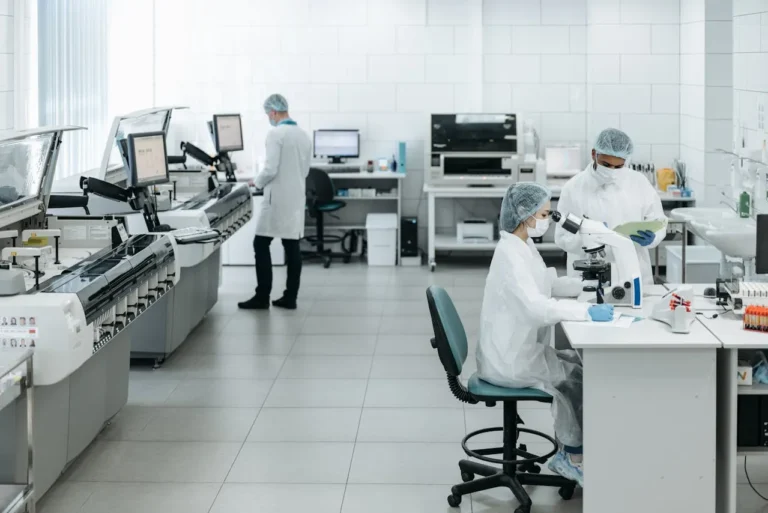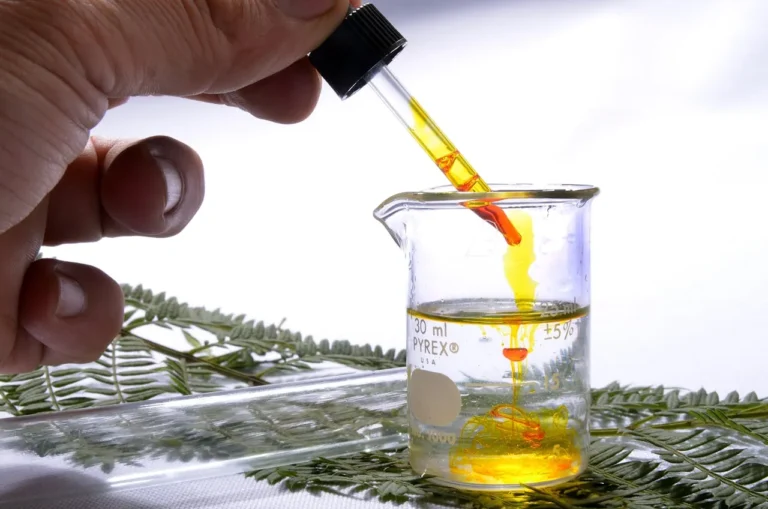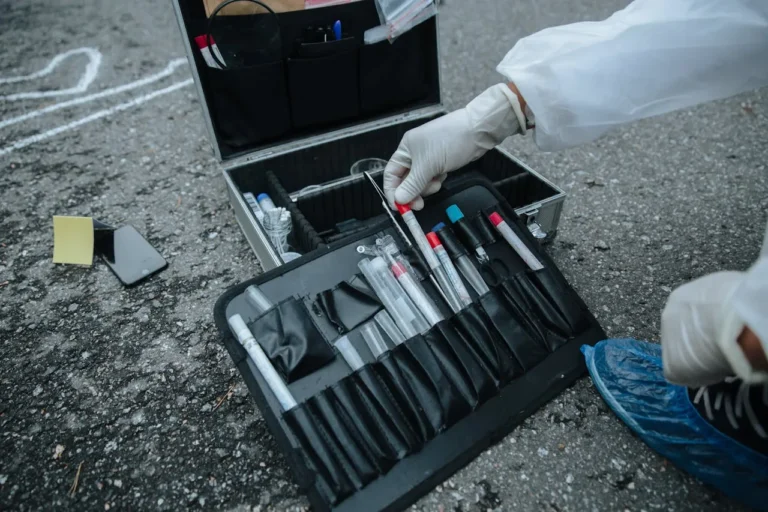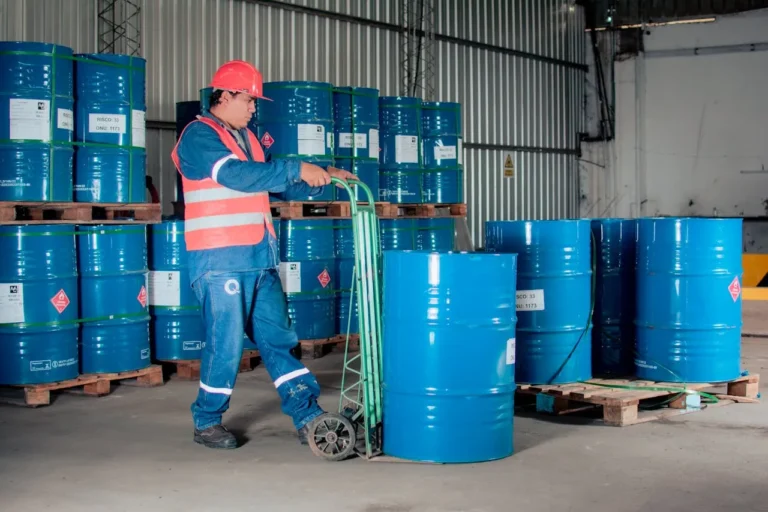
Kinea Bio Inc., a biotechnology company dedicated to developing transformative genetic medicines, announced today two major milestones that significantly advance its lead gene therapy program for dysferlinopathy, a rare and debilitating neuromuscular disease. The company has secured a commitment of up to $1.1 million in milestone-based funding from the Jain Foundation and obtained a strategic license from Solid Biosciences for its next-generation myotropic AAV capsid, AAV-SLB101. Together, these achievements provide both the scientific and financial foundation to accelerate the development of KNA-155, Kinea Bio’s innovative dual-AAV gene therapy designed specifically for dysferlinopathy.
Jain Foundation Funding to Drive IND-Enabling Studies
The Jain Foundation’s investment will directly support critical preclinical studies that are required before initiating human clinical trials. These include dose-finding and GLP toxicology studies in dysferlin-deficient animal models, which will establish the therapeutic window for KNA-155. The studies are also expected to yield pivotal safety and biodistribution data, helping to de-risk the program and streamline the path toward an Investigational New Drug (IND) application.
The Jain Foundation, a patient-focused nonprofit dedicated to accelerating treatments for dysferlinopathy, emphasized its enthusiasm for Kinea’s approach.
“Supporting promising therapeutic strategies and guiding them through rigorous preclinical development is central to our mission,” said Dr. Laura Rufibach, Co-President of the Jain Foundation.
Her colleague, Dr. Doug Albrecht, added: “Kinea Bio’s innovative dual-vector approach has already demonstrated compelling preclinical evidence, and we are proud to help accelerate its translation toward the clinic. We believe this program has real potential to change the trajectory of care for patients living with dysferlinopathy.”
Solid Biosciences’ AAV-SLB101: Next-Generation Muscle Delivery
Complementing this funding, Kinea Bio has entered into a licensing agreement with Solid Biosciences for its proprietary AAV-SLB101 capsid, an advanced myotropic AAV vector engineered for efficient skeletal muscle delivery and reduced liver uptake. This capsid, which has been clinically validated in other therapeutic applications, will serve as the delivery backbone for KNA-155, enabling systemic administration with improved potency and safety.
“We are excited to partner with Kinea Bio to apply our muscle-tropic capsid, AAV-SLB101, to advance the field of gene therapy for dysferlinopathy,” said Bo Cumbo, President and CEO of Solid Biosciences. “We believe that the compelling combination of Kinea’s scientific expertise, our next-generation delivery technology, and the Jain Foundation’s commitment will help bring new hope to patients.”
Building Momentum Toward Clinical Translation
KNA-155 leverages Kinea Bio’s dual-AAV vector strategy, designed to overcome the size limitations of traditional gene therapy platforms. Dysferlin, the protein missing or deficient in patients with dysferlinopathy, is encoded by a large gene that exceeds the packaging capacity of standard single AAV vectors. By using two complementary AAV vectors, Kinea Bio has developed a system capable of delivering the full-length gene to muscle cells, restoring functional dysferlin expression in preclinical models.
“Combining the Jain Foundation’s support with Solid’s capsid technology creates a powerful foundation for success,” said Casey Childers, CEO of Kinea Bio. “These achievements allow us to execute our development plan with confidence and move closer to bringing a much-needed therapy to patients living with dysferlinopathy.”
A Collaborative Approach to Rare Disease Innovation
The collaboration with the Jain Foundation underscores the Foundation’s longstanding mission to accelerate therapeutic development for dysferlinopathy through targeted investment, scientific guidance, and patient community engagement. By providing milestone-based funding, the Foundation ensures resources are directed to the most impactful studies that will enable Kinea Bio to progress efficiently toward the clinic.
At the same time, the strategic partnership with Solid Biosciences integrates cutting-edge delivery technology into Kinea Bio’s platform, addressing one of the greatest challenges in gene therapy: achieving effective and safe systemic delivery to muscle tissue.
Together, these collaborations validate both the urgency of addressing dysferlinopathy and the promise of Kinea Bio’s novel therapeutic approach.
Looking Ahead
With financial support secured, delivery technology in place, and preclinical validation ongoing, Kinea Bio is well-positioned to advance KNA-155 toward an IND submission. The company plans to continue close engagement with patients, clinicians, and scientific partners as it works to bring the first gene therapy for dysferlinopathy into clinical testing.
“Every step forward represents more than scientific progress—it represents hope for patients and families who have been waiting for effective therapies,” Childers said. “We are committed to moving as quickly and responsibly as possible to deliver on that promise.”
About Dysferlinopathy
Dysferlinopathy, also known as LGMD2B/R2 or Miyoshi Myopathy type 1, is a progressive and debilitating type of muscular dystrophy caused by mutations in the dysferlin (DYSF) gene. It affects approximately one in 100,000 individuals worldwide, with higher incidence in some populations. Patients experience progressive muscle weakness and loss of ambulation, and currently have no approved therapies. The dysferlin gene exceeds the packaging capacity of a single AAV, necessitating a dual-vector approach for AAV restoration of the full-length dysferlin gene.
About Kinea Bio, Inc.
Kinea Bio, Inc. is a biotechnology company pioneering a novel dual AAV vector platform SIMPLI-GTTM to deliver large therapeutic genes that exceed the natural packaging capacity of AAVs. The company was among the first to demonstrate the potential of this approach in systemic disorders such as Duchenne muscular dystrophy and is now expanding its pipeline to include dysferlinopathy and other severe genetic conditions. Through innovative science and strategic collaborations, Kinea Bio is dedicated to translating breakthrough biology into transformative medicines for patients with high unmet needs. For more information, please visit www.kineabio.com.
About Jain Foundation
The Jain Foundation is a private foundation based in Seattle which is dedicated to developing therapies for dysferlinopathy. Founded by Ajit Jain in 2005, the Foundation engages in multiple complementary approaches which include funding promising research and supporting clinical trial readiness. The Foundation’s activities have advanced understanding of dysferlinopathy, defined the natural history of the disease, and developed outcome measures for clinical trials.
As part of its ongoing funding activities, the Foundation makes program-related investments in companies to expedite commercialization of innovative therapeutic approaches, such as Kinea Bio’s KNA-155 program. For more information, please visit www.jain-foundation.org.
About Solid Biosciences
Solid Biosciences is a precision genetic medicine company focused on advancing a portfolio of gene therapy candidates targeting rare neuromuscular and cardiac diseases, including SGT-003 for Duchenne muscular dystrophy (Duchenne), SGT-212 for Friedreich’s ataxia (FA), SGT-501 for catecholaminergic polymorphic ventricular tachycardia (CPVT), SGT-601 for TNNT2-mediated dilated cardiomyopathy and additional fatal, genetic cardiac diseases.
The Company is also focused on developing innovative libraries of genetic regulators and other enabling technologies with promising potential to significantly impact gene therapy delivery cross-industry. Solid is advancing its diverse pipeline and delivery platform in the pursuit of uniting experts in science, technology, disease management, and care. Patient-focused and founded by those directly impacted by Duchenne, Solid’s mission is to improve the daily lives of patients living with devastating rare diseases. For more information, please visit www.solidbio.com.







